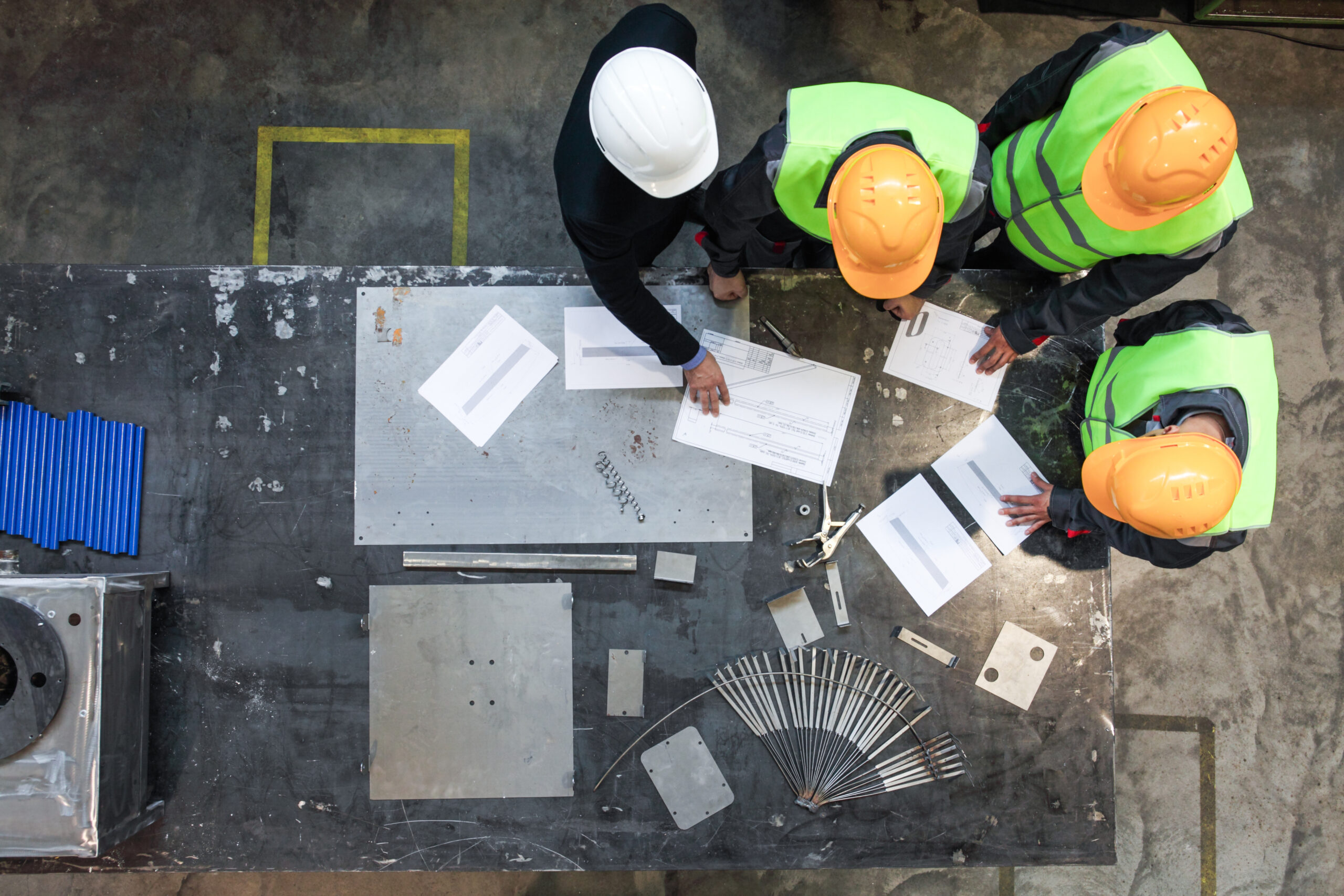Effective project management is crucial for the success of any endeavor. As we move further into 2024, construction managers are leveraging new technologies, strategies, and best practices to ensure projects are completed on time, within budget, and to the highest quality standards. Here are some of the top strategies that are shaping effective construction project management this year.
1. Embrace Advanced Project Management Software
One of the most significant advancements in construction project management is the widespread adoption of sophisticated project management software. These tools offer a range of functionalities, including scheduling, budgeting, resource allocation, and real-time collaboration. Software such as Primavera P6, Procore, and Autodesk Construction Cloud have become essential for project managers, enabling them to streamline operations, reduce paperwork, and enhance communication among team members.

2. Implement Building Information Modeling (BIM)
Building Information Modeling (BIM) has revolutionized the construction industry by providing detailed 3D digital representations of buildings. BIM facilitates better planning, design, and construction processes by allowing all stakeholders to collaborate on a single, integrated model. This leads to fewer errors, reduced rework, and improved overall efficiency. In 2024, BIM continues to be a critical tool for construction project management, ensuring that projects are executed with precision and clarity.

3. Prioritize Sustainability and Green Building Practices
Sustainability is no longer just a buzzword; it’s a fundamental aspect of modern construction. Project managers are increasingly prioritizing green building practices to meet regulatory requirements and cater to the growing demand for eco-friendly structures. This includes using sustainable materials, incorporating energy-efficient systems, and implementing waste reduction strategies. By prioritizing sustainability, project managers not only contribute to environmental preservation but also enhance the long-term value of their projects.
4. Foster Strong Communication and Collaboration
Effective communication is the backbone of successful construction project management. In 2024, construction managers are leveraging digital communication tools such as Slack, Microsoft Teams, and Zoom to facilitate seamless communication among team members, clients, and stakeholders. Regular meetings, progress updates, and transparent accurate reporting help ensure everyone is on the same page, reducing misunderstandings and delays. Collaboration platforms also allow for real-time document sharing and feedback, which is essential for maintaining project momentum.

5. Utilize Drones and Advanced Surveying Techniques
Drones and advanced surveying technologies have become indispensable tools in construction project management. Drones provide high-resolution aerial imagery and 3D mapping, enabling project managers to monitor site progress, identify potential issues, and make informed decisions quickly. These technologies also enhance safety by reducing the need for manual inspections in hazardous areas. As drone technology continues to advance, its role in construction project management will only grow more significant.
6. Focus on Risk Management
Risk management is a critical component of effective project management. Identifying potential risks early and developing mitigation strategies can save time, money, and resources. In 2024, project managers are employing advanced risk assessment tools and techniques to analyze project data and predict potential challenges. This proactive approach allows for the development of contingency plans and the allocation of resources to address issues before they escalate.

7. Enhance Worker Safety and Training
Worker safety is paramount in construction, and project managers are taking significant steps to ensure a safe working environment. This includes implementing rigorous safety protocols, conducting regular training sessions, and using personal protective equipment (PPE). Additionally, wearable technology and IoT devices are being used to monitor workers’ health and safety in real-time, providing valuable data that can help prevent accidents and injuries.
8. Optimize Resource Management
Effective resource management is essential for keeping construction projects on track. Project managers are using advanced tools to optimize the allocation of labor, equipment, and materials. By analyzing project data and forecasting future needs, managers can ensure that resources are used efficiently and that potential shortages or delays are avoided. This strategic approach helps in minimizing waste and maximizing productivity.
9. Leverage Artificial Intelligence and Machine Learning
Artificial intelligence (AI) and machine learning (ML) are transforming construction project management by providing predictive analytics and automation capabilities. AI-powered tools can analyze vast amounts of project data to identify patterns and trends, helping project managers make informed decisions. For example, AI can predict project delays based on historical data, allowing managers to take corrective actions in advance. Machine learning algorithms can also optimize scheduling and resource allocation, further enhancing project efficiency.
10. Maintain Flexibility and Adaptability
The construction industry is inherently unpredictable, with various factors such as weather, supply chain disruptions, and regulatory changes impacting project timelines. Successful project managers maintain flexibility and adaptability, adjusting plans as needed to navigate unforeseen challenges. By staying agile and responsive, managers can ensure that projects stay on course, even in the face of uncertainty.



